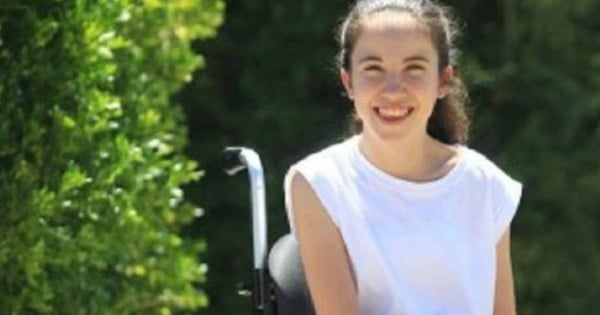
The hardest part about being in a wheelchair is that I’m constantly robbed of choice. Now these choices are ones any able bodied person would probably take for granted. See, I do really well in all of my classes. I love to write and read. I listen to an eclectic bunch of music. I love movies and TV.
In all those things, I match with any teenager in most ways right? But the thing is, I happen to have a disability. A disability called Cerebral Palsy for which we know not the cause or the cure. Having CP affects my mobility. It means that I use a wheelchair to get around as my main mode of transport. Having CP affects the way my BODY works. It doesn’t affect my brain or my heart and soul. They work as well as any able-bodied person’s.
It means that this morning to get out of bed, I had to get my mum’s help. It means that every time I want to move from my wheelchair, I need an adult’s assistance or supervision. It means that as a little kid, a lot of people with physical disabilities could really do was watch from the sidelines as others played and had fun, too absorbed in their worlds of make believe as a child should be, to notice that we were being left out.
Stella Young was a fierce disability advocate. Watch her beautiful chat with Mamamia. (Post continues after video.)




























































































